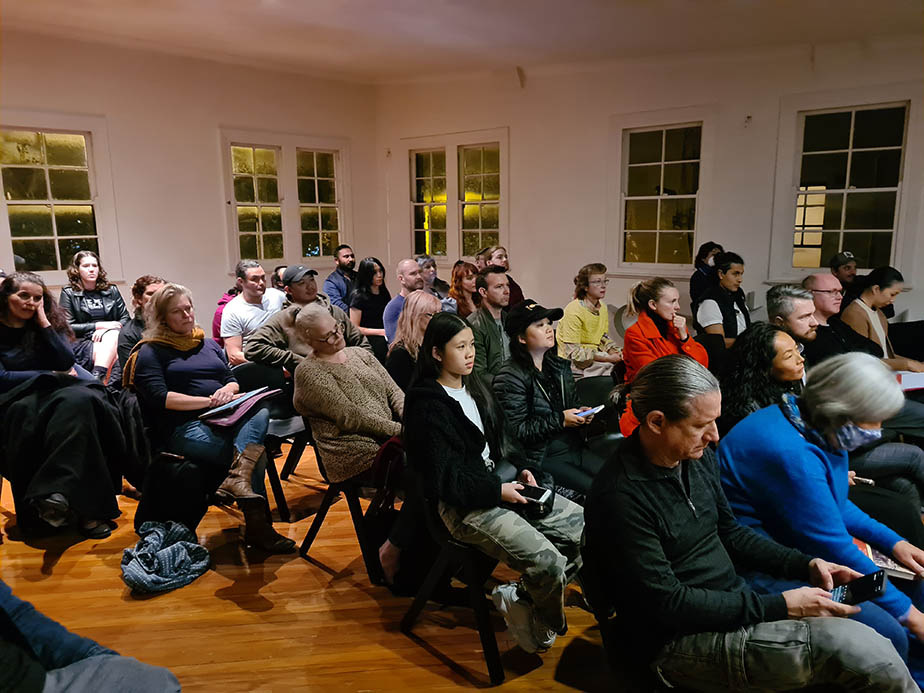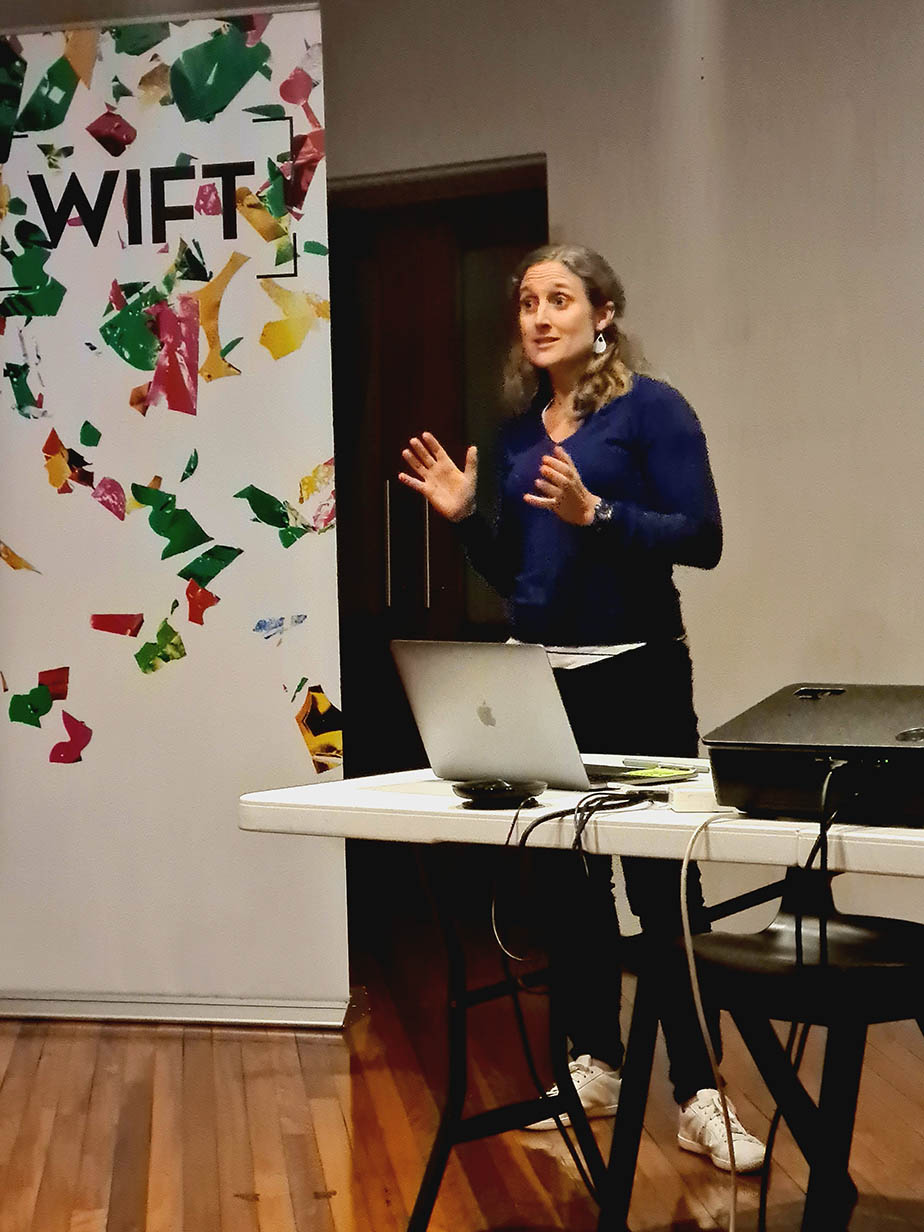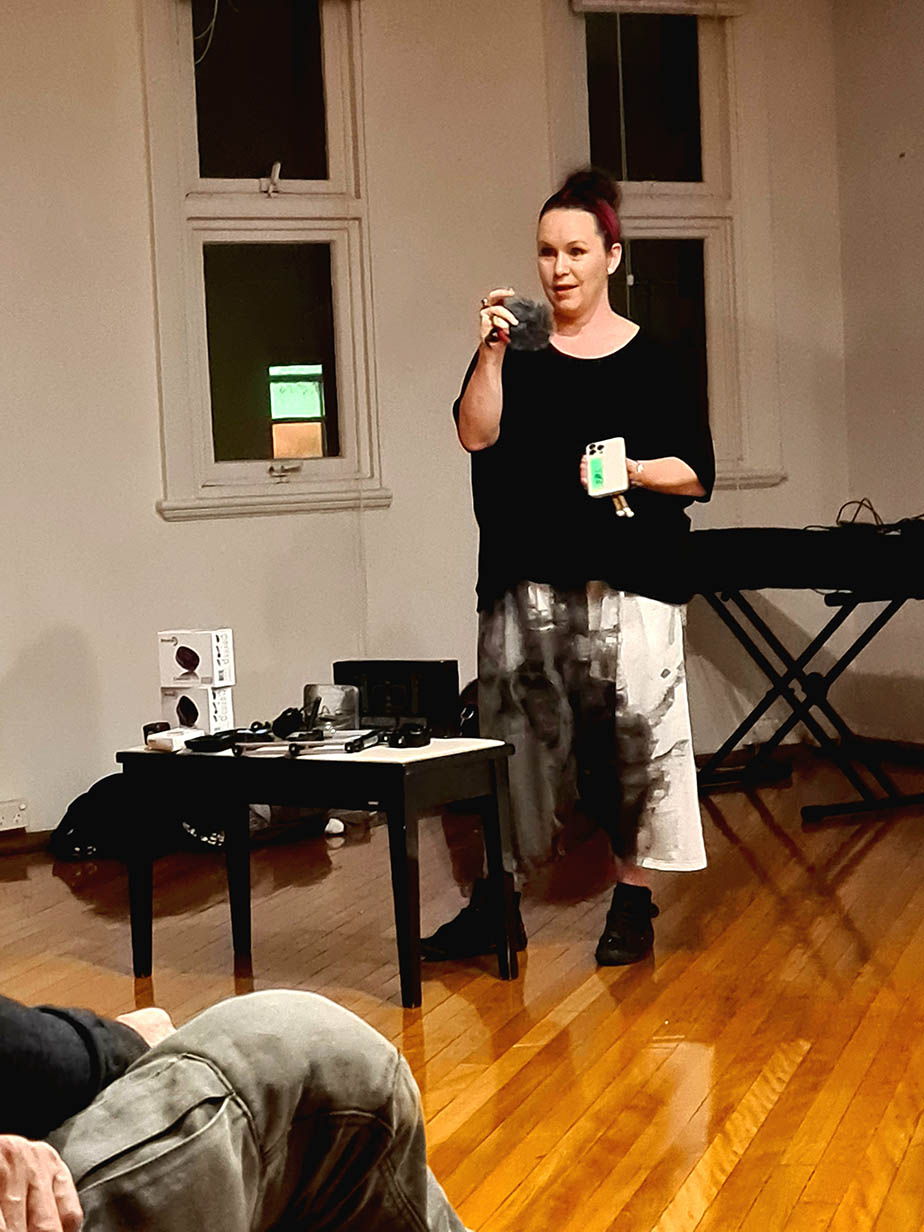
Intimacy coordinators are becoming more and more common in the entertainment industry. They are trained professionals who work with actors to choreograph intimate scenes safely and respectfully. Intimacy coordinators have become essential to production, especially when filming sex scenes.
Sex scenes can be tricky to film. They require a lot of trust and vulnerability from the actors involved, and creating a safe and respectful environment is crucial. Intimacy coordinators ensure that everyone involved feels comfortable and supported throughout the process.
The role of an intimacy coordinator starts long before the actual filming occurs. They work with the production team to understand the script and any intimate scenes that may be involved. They then work with the actors to create a choreography for the scene. This includes discussing boundaries and comfort levels and creating specific movements and actions that will be performed during the scene.
One of the critical aspects of an intimacy coordinator’s role is to ensure that actors feel empowered to speak up if they are uncomfortable at any point during filming. This can include stopping the scene if needed or adjusting the choreography to suit the actors’ needs better. Intimacy coordinators create a safe environment where actors feel supported and can communicate their needs.
Another critical role of an intimacy coordinator is to ensure that everyone involved in the scene is fully informed of what will happen. This includes the actors, directors, and camera crew. Everyone needs to be aware of the choreography and any potential risks involved. Intimacy coordinators ensure everyone understands and feels comfortable with the plan before filming begins.
During filming, intimacy coordinators are on set to oversee the scene and ensure that everything goes smoothly. They communicate with the actors and crew, making adjustments to ensure the scene is performed safely and effectively. They may also work with the director to ensure that the scene is captured in the way that it was intended.
After filming, intimacy coordinators work with the actors to debrief and provide support. They may discuss any issues that arose during filming and provide resources for further help if necessary.
Some specific examples of scenes that may require the assistance of an intimacy coordinator include:Sex scenes: Scenes that involve simulated sex or nudity between characters may require an intimacy coordinator to ensure that the actors are comfortable and safe and that the scene is choreographed in a way that reflects the story and characters.Romantic scenes: Scenes that involve kissing, hugging, or other physical contacts between characters may also require the assistance of an intimacy coordinator to establish boundaries and guidelines for the actors.Violent scenes: Scenes that involve physical violence or trauma, such as rape or assault, may require an intimacy coordinator to ensure that the actors are safe and that the scene is handled with sensitivity and respect.Ultimately, the decision to bring in an intimacy coordinator will depend on the nature of the production and the specific scenes involved. However, in general, intimacy coordinators can play a critical role in ensuring that sensitive content is handled with care, respect, and professionalism.
In conclusion, intimacy coordinators are crucial in keeping actors safe during sex scenes. They work with actors to create safe and respectful choreography, ensuring everyone involved is fully informed and comfortable with the scene. During filming, intimacy coordinators are on set to oversee the scene and make adjustments as needed. After filming is complete, they provide support and resources for the actors. Intimacy coordinators are an essential part of the production process and are helping to create a safer and more respectful environment for intimate scenes in the entertainment industry.



